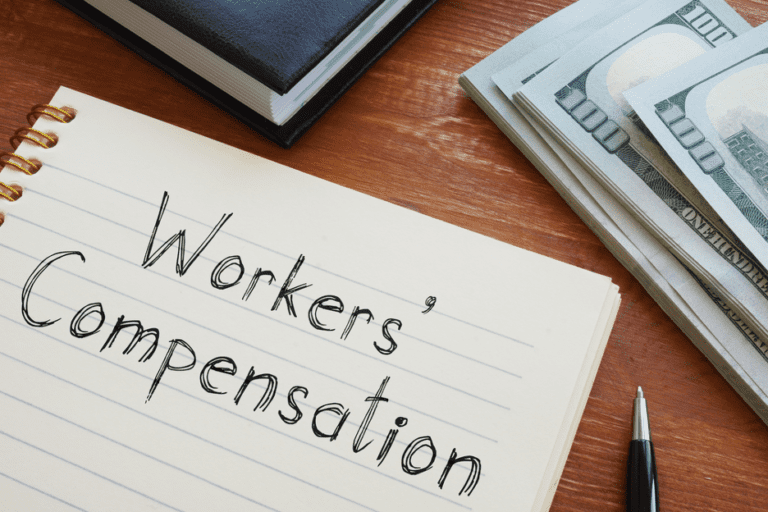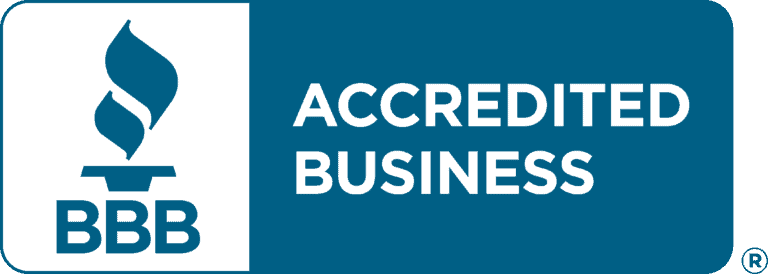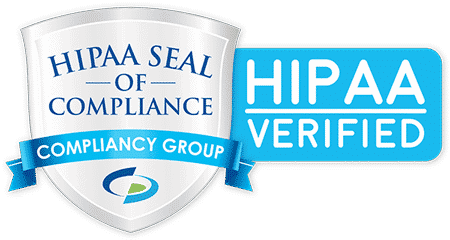Depending on the kind and number of products or services, business owners incur various costs at the end of each month. Beyond taking care of your expenses ranging from your facility, overhead, equipment, and payroll, Workers Compensation insurance, and the associated claims are often overlooked.
Why?
Most business owners think this management aspect is beyond their control and oversight, leaving the process to insurance companies and auditors. Thus, it is not surprising to see auditors facilitate enormous adjustments to premiums after a policy’s date has ended.
These high costs can make you feel powerless. As a business owner, you can protect your finances from these auditors by being proactive.
At Expense To Profit, we provide business executives with proven strategies to lower expenses and improve their bottom line. Our previous article addressed Inflationary Effects on Wages and Benefits.
This article explores all the complexities of Workman’s Compensation insurance claims and how to conduct a proper audit. But first things first:
What Is Workers Compensation?
Workers compensation is a form of insurance provided by employers to their workers. It is a coverage designed to protect workers and businesses from the expenses and costs of occupational hazards and accidents.
It comprises loss of work due to leave of absence, litigation costs during injuries, and medical expenses. While employers pay the Workers compensation premium to insurance providers, the providers, in turn, pay these bills to employees after a valid claim.
Each state in the US has different Workers Compensation insurance requirements. Including how certain businesses pay Workers Compensation premiums to insurance companies.
However, a constant requirement is that insurance providers conduct a Workers compensation audit to ascertain if businesses are paying the right premiums for their packages.
What Is a Workers Compensation Audit?
A Workers compensation audit is an end-of-year review of your business records conducted by insurance providers to ensure that your business pays the right premiums for workers comp coverages.
Depending on the insurance provider, the Workers comp audit may be conducted in person, by phone, or via email. So, what documents does an auditor review to verify your premiums?
- Payroll records, such as summaries, overtime payments, federal tax returns, state tax returns, and unemployment tax reports
- Employee records, such as IRS Form 941
- Cash disbursements for subcontractors and vendor payments
- Nature of your business operations
- Responsibilities of your workers
When Should You Expect a Workers Compensation Audit?
A Workers Compensation audit typically happens after the compensation policy term expires. This allows insurance providers to review documents and ascertain if you will continue paying the same premiums for the next policy term.
According to the National Council on Compensation Insurance (NCCI), your insurance provider is supposed to notify you of an audit within 60 days. This gives you ample time to prepare your documents and other information.
Like paying taxes, these audits are mandated by law as soon as your policy date expires.
What Happens After a Workers Compensation Audit?
A Workers Compensation audit is meant to determine if the premium you are paying for your insurance is correct. This can play out in three ways:
- Same premiums: If your payroll, risk exposure, and other documentation are commensurate with your estimate, your premium is the same, and you will not have to pay anything.
- Lower premiums: If your business risk exposure and other documentation are lower than your estimate, your premium will be less than what you initially paid. Thus, your insurance provider may owe you a refund.
- Higher premiums: You will have to pay the cost difference if your risk exposure is higher than your estimate after an audit.
Often businesses pay higher premiums compared to receiving refunds for a lower premium.
Reasons Why You Are Paying Higher Compensation Premiums
There are several reasons why you will have to pay a higher premium after a Workers compensation audit. They include:
- Business expansion
- Hiring more employees
- Increase in payroll payments
- More worker risk roles
These are proper grounds for higher premiums by your insurance provider. However, you might make some mistakes that might cost you during an audit. These mistakes include the following:
- Not classifying workers correctly: Regarding premiums, your workers are divided into different class codes. These codes are used to calculate your Workers risks on the job. Employees with higher risks have class codes with higher insurance rates, contributing to a higher premium. However, if you improperly classify your workers, you will pay higher premiums.
- Incorrect payroll estimates: Accurate payroll estimates make auditing easier and better for your business. An inaccurate payroll estimate increases guesswork, and you might end up with an outrageous bill.
- Paperwork errors: If your paperwork and documentation are not correctly organized, you might have higher premiums.
- Failure to include deductions: If you fail to include deductions such as severance pay or overtime pay (if it is higher than payment for regular hours), your insurance provider will provide you with higher premiums.
- Not confirming if your subcontractors have a certificate of insurance: Your subcontractors should have their insurance, as it is a requirement for a Workers Compensation audit. This is because your insurance provider wants to ensure that you only cover your workers. If they do not have certificates of insurance, you will pay a hefty bill for an extra premium.
You do not want to experience this.
How to Prepare for a Workers Compensation Audit
You need to prepare your business for a Workers Compensation audit. You should take proactive steps to ‘audit your auditor’ and put an end to higher premiums.
What are the steps to implement?
Gather your records.
Your auditor will look at a list of documents. You should get the following documents ready:
- Individual earnings
- Checkbook
- Bonuses paid
- Worker wages and commissions
- Accounting ledger
- Numbers of hours, days, or weeks worked
- Nature of business
- The number of employees
- Description of subcontractor work
- Payments made to subcontractors
- Job description for each worker
- Receipt for inventory purchase
Keep these documents organized, so you can easily present them to auditors.
Update the Job Description of Your Workers
You need to be fully aware of the duties of your workers. It makes for proper class codes to determine their risks as they work for your business.
You can use the Alphabetical NCCI Code List to find the correct class code for your workers.
Submit Accurate Records
Ensure that the documentation you present to the auditors is accurate. Incorrect documentation often results in a higher premium.
It is also essential to get an experienced worker or consultant available during the auditing process to validate and clarify the details in the documents.
It is also vital to review the audit documents before signing them. Take your time to pore through the pages and ask questions if you’re not precise.
Conclusion
Completing a Workers Compensation audit can seem daunting, but the results can be significant in your favor. It is more than worth the time and effort. Our team reviews clients’ policies, premiums, and claims history to confirm the insurance company is charging you the correct premiums. In almost every audit completed, we find that claims are not properly closed out. It is your responsibility to claim the overpayments and request your premiums be corrected. If you would like to discuss this with us, please do not hesitate to reach out.
Expense to Profit is a cost-reduction agency designed to help small and large businesses improve their profit margins by reducing overhead expenses. Our strategies are industry-proven and tailored to your business needs.
Call us today for a free consultation and expense reduction analysis.






